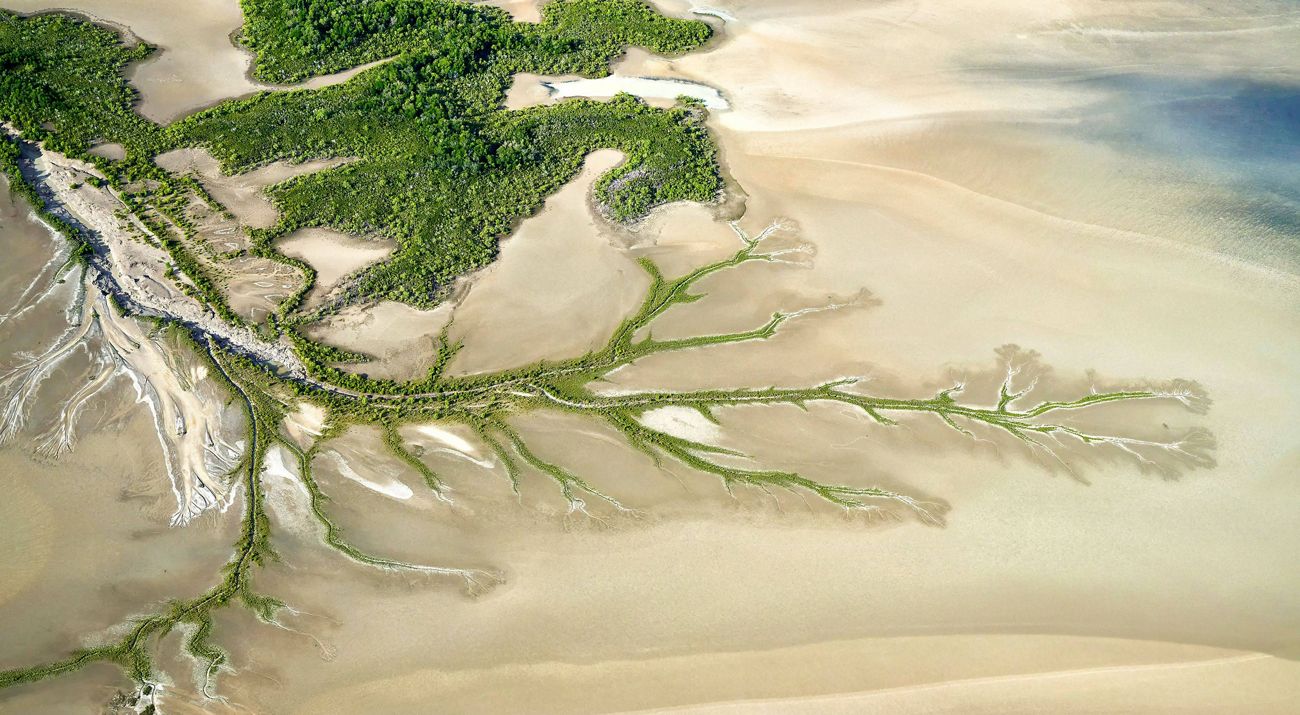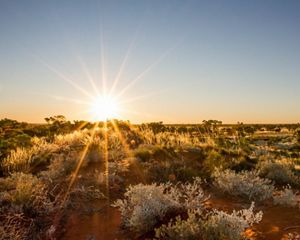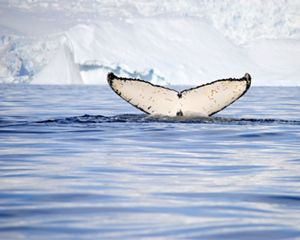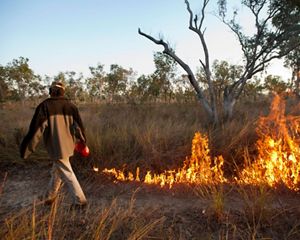Today, the United Nations Intergovernmental Panel on Climate Change (IPCC) released its latest climate report, based on peer-reviewed findings from across 195 countries on climate megatrends, effects, and solutions.
Once again, the evidence is clear: while momentum is growing at policy, corporate and community levels. Worst-case scenarios are still very present: we, the world, must urgently step up our response to the climate crisis.
Alison Rowe, Managing Director for The Nature Conservancy Australia (TNC), said:
“Once again, the evidence is clear: while momentum is growing at policy, corporate and community levels, it is a drop in the bucket and worst-case scenarios are still very present. We must acknowledge the scale of the emergency and urgently step up our response to the climate crisis.
Unfortunately, the report projects that current climate policies make global average temperature rises +2°C extremely likely this century – and could even see us smash through the +3°C barrier by the year 2100. We cannot stand by and let this scenario play out. We have entered a critical moment, for our planet and our future. Every fraction of a degree of warming we can avoid will make for a less perilous and less expensive future.
There are reasons to be positive: the world is starting to invest in nature, transition to renewable sources of energy, innovate across industry sectors. The world is increasingly acknowledging the significance of Indigenous knowledge and science. The role of nature itself in climate mitigation is no longer up for debate."
Quote: Alison Rowe
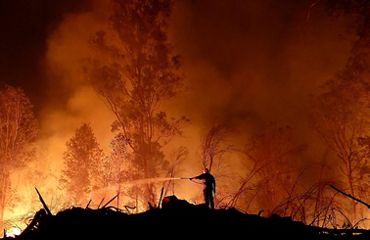
We need more action, and faster.
“To secure a future with resilient food systems, abundant freshwater resources, healthy people, and rebounding biodiversity, we already know what we need to do: we need to go much further and faster toward cutting emissions, whilst increasing communities’ ability to adapt to the effects of climate change."
“To bridge the gap between emissions’ ambition and on-the-ground implementation of climate solutions, we need new policies and programs, at greater scale: more public and private finance needs to flow into climate action. We are talking about an investment in our planet’s future and in future generations’ wellbeing.
The report is alarming, yet we cannot afford to let fatalism get in the way of our commitment to nature. It is important for us all to take a second and think about what the report means for us and build on this momentum to work faster and at scale.”
